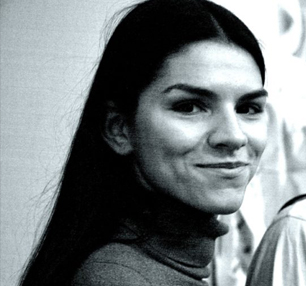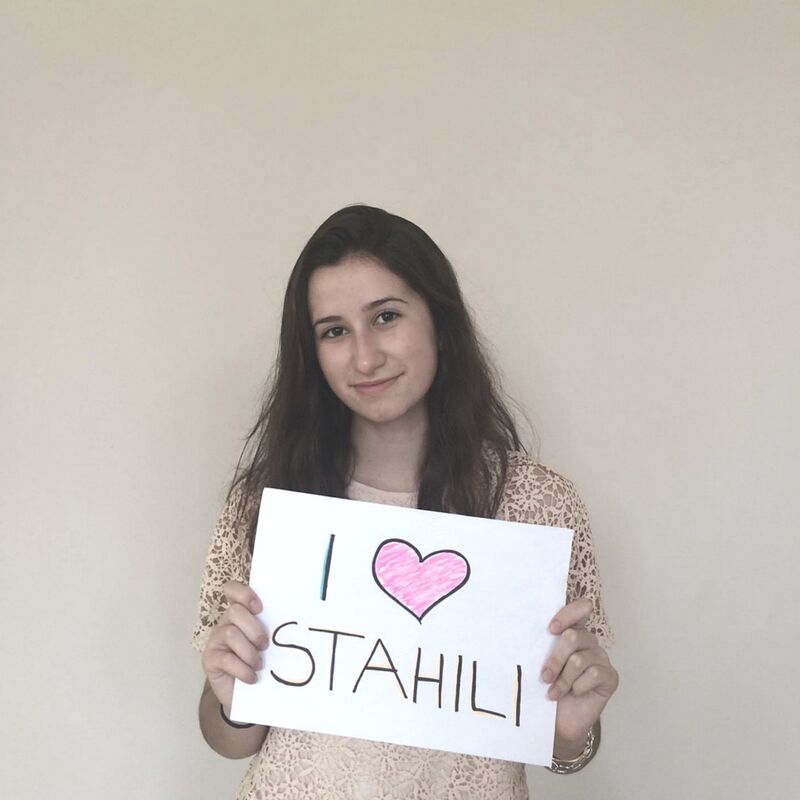Families, Not Orphanages
In 2017 there were hopeful signs that governments are heeding the call for change in the way we care for vulnerable children. Action plans and policies to close orphanages and promote family-based care gathered momentum in different parts of the world. Here are 10 things you need to know about why we support families, not orphanages.
Children have the right to family
Children have fundamental human rights to family life and the right to preserve their identity through family and community ties.
Orphanages are places of last resort
Children aren’t meant to live in orphanages or children’s homes on a long term basis. They are to be used in the short-term and cannot replace a real family home.
Most ‘orphans’ living in orphanages worldwide aren’t orphans
Did you know that 80- 90% of children living in orphanages have at least one living parent? Most children are separated from their families due to poverty.
Orphanages are harmful to a child’s development
Sixty years of research and experience have shown that institutional care has a negative impact on children’s social, emotional, cognitive and intellectual development. Learn more about the harms of institutionalisation here.
Orphanages are more expensive than family-based support
Orphanages are expensive to run both in terms of money and emotional cost on children and their families. Supporting families is up to ten times cheaper than supporting children in institutional care such as orphanages.
Number of orphans declining while the number of orphanages are on the rise
People are living better despite all of the news we hear. As a result, the number of orphans is on the decline. Unfortunately, the number of orphanages is on the rise and in popular tourist destinations the increase is particularly evident.
Volunteering at orphanages can cause more harm than good
The desire to help is unfortunately fuelling the rise in orphanages and the separation of children from families. The revolving door of “voluntourists” creates unhealthy attachment issues for children and impacts their ability to form healthy relationships later in life. The steady stream of fee-paying volunteers also acts to fuel the orphanage business rather than promote family- and community-based alternatives.
Children need stable relationships and expert care
Volunteers spending short periods of time with vulnerable children, including orphans, can be very damaging for the children concerned. Working with vulnerable children is best left to local professionals, even if volunteers have the experience and qualifications.
Someone is profiting instead of the children
This is not about orphanages being ‘good’ or ‘bad. All children living in orphanages need the same thing — family. It is however important to acknowledge that many orphanages are being run as businesses. So too are many of the volunteer sending agencies which profit from volunteers’ well intentioned desire to make a difference.
You can help children living in orphanages
Paying for a volunteer experience abroad without understanding how the money impacts local communities can cause more harm than good. Instead, why not consider how you could use your skills to volunteer in your own community or look at opportunities to help organisations working on the ground? To learn more about orphanage volunteering, including stories from former volunteers, please see our regular updates in In Focus Learn how you can take action.
Volunteer Voices
The number of international volunteers traveling to orphanages in developing countries has risen sharply in recent years, even though the number of real orphans has decreased globally. Concern is growing about the impact of “orphanage tourism” on children, families and communities.
Check out our recent series by former voluntourists

Dillon Hooker looks back on her trip to Malawi as a school student, and asks: was I helping children, or helping myself? Read more.

Madara Žgute reflects on her experience in an orphanage in Ghana and cautions against volunteering at an orphanage. Read her story here.
